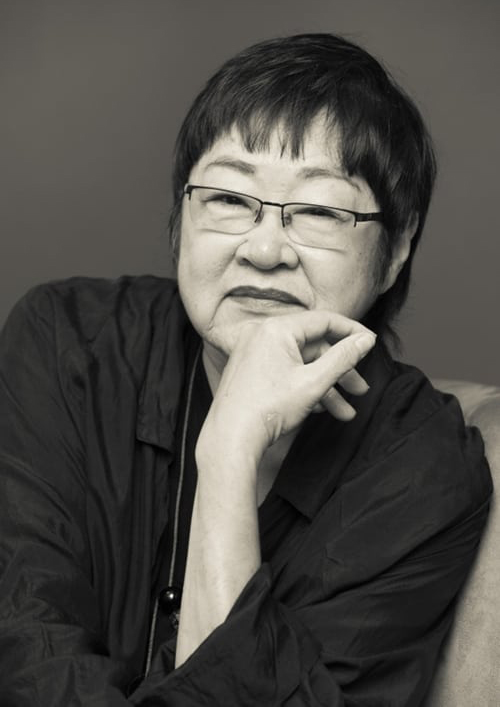
- Film
The Unique Power of Tizuka Yamasaki
One of the most powerful elements of cinema is how it brings languages, costumes, and stories to audiences all over the world.
Tizuka Yamasaki, the granddaughter of a Japanese couple, born in the south of Brazil, at the height of the coffee wave does exactly this in her work.
She has made a long, rich and varied range of films, documentaries and TV shows going back to 1980 – 40 in total, when her first picture – Gaijin (Gaijin, a Brazilian Odyssey) a powerful and emotional saga of her own roots, reframed by her. “Anything that I do there is something in there that goes beyond then a story”, Yamasaki said recently at the local newspaper where she was born, on the Southern coast of Brazil. “Any one of my films either echoes or includes elements of being nikkei. All of them are for my sons, all that we are.”
She is a director, writer, producer, camera, director assistant and “whatever the project needs”, she explains.
A big hit in Brazil and South America, her first Gaijin was applauded by the critic Roger Ebert, winning awards in several festivals (including a “special award” from the jury of Cannes Film. The path was opened for Yamasaki’s fruitful career, including a follow-up to Gaijin Part II, developing the narrative of both Japanese workers and immigrants from all over the world, seeking a future in the rich soil of Brazil.
“I wanted to bring this story, which is my story, the story of my family, the ones before me and the ones in the future”, Yamasaki says. “All stories evolve as the time pass. And we are now seeing more and more new generations. I wanted to show the connection between past and future, descendants and ancestrals.”
One of the few female filmmakers in the movie business in the 80s, Tisuka Yamasaki grabbed the space that normally is taken by men, working on all types of material early in the 70s, a difficult time under a dictatorship and very few opportunities. “I can’t put ideas in a lock”, she said, some time ago. “Most of my work, what I feel interested in, is on the intersection of gender, race, nationality and culture.”
Her movies and TV shows go from documentaries – The Forgotten Revolution, about a revolt against Portugal in 1817 – to Brazilian pop culture and children’s entertainment – an icon of Brazilian kids, the TV star Xuxa.
Besides her focus on the narrative of immigrants – in a country that is made up of immigrants – Yamasaki focus her pieces on women, both in front and behind the camera, and always centering narratives with female characters.
When she stepped on the scene, in late 1970s, Brazilian cinema was all represented by male filmmakers.
“Things have changed”, Yamsaki answered in a recent Festival of Japanese Cinema. “Women are everywhere, these days. In the past there was already a presence of women in the business of films (in Brazil), all the way back to 1930. And they kept coming back. In the past it was hard to see women as leaders, directors, but they were there. They took their power.”